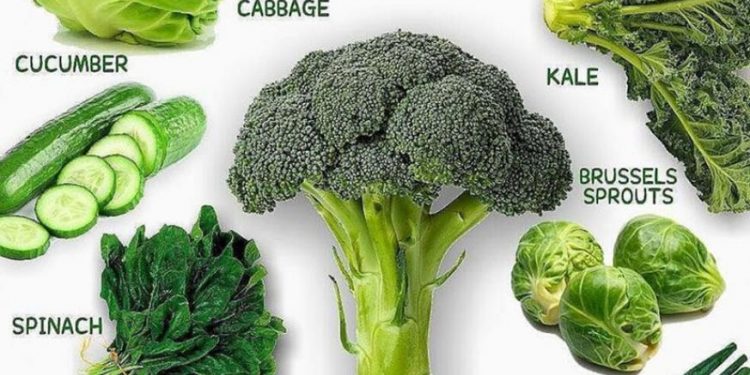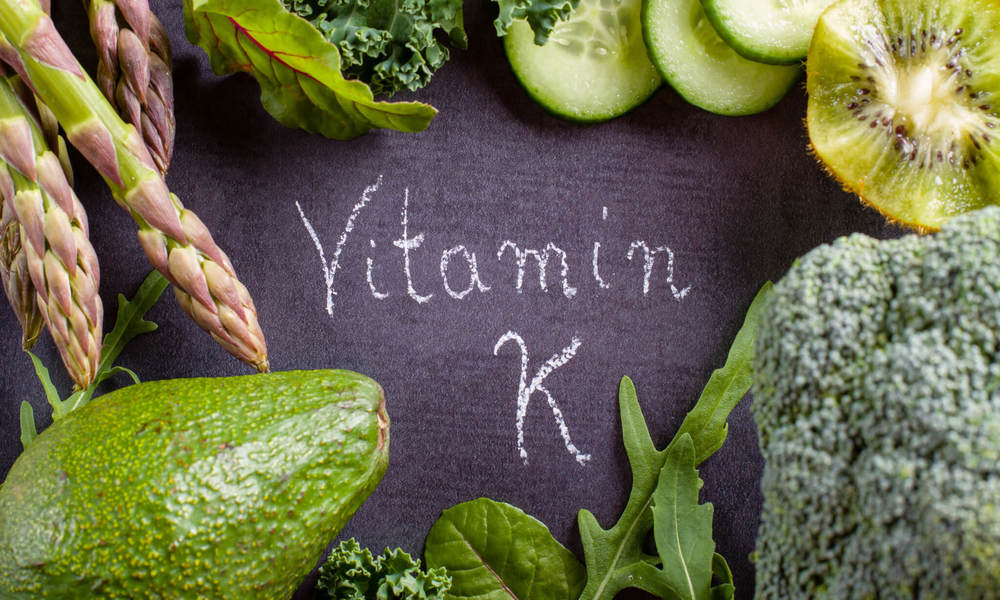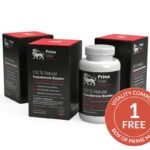What is vitamin K and what does it do?
Vitamin K is a vitamin that is fat-soluble. The K comes from the German word “koaguluation.” Koagulation, or coagulation, refers to blood clotting. Vitamin K is an essential cog in the functioning of several proteins involved in the blood clotting, cell growth, and bone mineralization processes. (1)
Vitamin K has two naturally occurring forms. Plants synthesize phylloquinone, which is known as K1. A range of vitamin K forms is synthesized by bacteria, using repeating 5-carbon units via the side chain of the molecule. These forms are known as menaquinone-n (MK-n), where “N” represents the number of 5-carbon units. These are collectively referred to as K2.
Coagulation/clothing there are some people who are at risk of forming blood clots, which have the potential to block the flow of blood in the arteries to the brain, heart, and lungs. This can result in a heart attack, stroke, or pulmonary embolism. Some oral anticoagulants exist, like warfarin, that inhibit coagulation through the enmity of the action of the vitamin.

Even though vitamin K is a fat-soluble vitamin, our bodies cannot store very much of it. Its stores are quickly depleted without regular dietary intake. Because of our body’s limited ability to store vitamin K, our bodies undergo a recycle process known as the vitamin K cycle. It enables a small amount of vitamin K to function in the gamma-carboxylation of proteins. This is where warfarin comes into play, preventing the recycling of vitamin K by not allowing two important reactions which creates a vitamin K deficiency. (2)
Cell growthGas6 is a protein that is dependent on vitamin K. Identified in 1993, it’s found throughout the nervous system, as well as the heart, lungs, kidneys, stomach, and cartilage. While more research is needed, Gas6 seems to be a cellular growth regulation factor with cell signalling duties. It can also play an important part in the development and ageing of the nervous system.
Bone Mineralization There are three proteins dependent on vitamin K for bone mineralization – osteocalcin, Matrix Gla protein (or MGP), and protein S. These have been found in bone and cartilage, as well as soft tissue and cartilage. These proteins facilitate normal bone growth and development.
What foods contain vitamin K?
Vitamin K1 is the primary dietary form of vitamin K. You can find these mostly in green leafy vegetables and vegetable oils (soybean, canola, etc). This table lists a variety of great sources of vitamin K, along with their content in micrograms (MCG)
Food
Serving
Vitamin-K-(mcg)
Olive oil
1 Tablespoon
6.6
Soybean oil
1 Tablespoon
26.1
Canola oil
1 Tablespoon
19.7
Mayonnaise
1 Tablespoon
11.9
Broccoli, cooked
1 cup (chopped)
420
Kale, raw
1 cup (chopped)
547
Spinach, raw
1 cup (chopped)
120
Leaf lettuce, raw
1 cup (chopped)
118
Swiss chard, raw
1 cup (chopped)
299
Watercress, raw
1 cup (chopped)
85
Parsley, raw
1 cup (chopped)
324
What is the suggested intake of vitamin K?
In the United States, the RDA or recommended daily allowance for Vitamin K can be seen below. These figures are based on the consumption of vitamin K by healthy individuals. (3)
Recommended Dietary Allowance (RDA) for Vitamin K:
Life Stage
Age
Male|mcg/day
Fem|mcg/day
Infants
0-6 months
2.0
2.0
Infants
7-12 months
2.5
2.5
Children
1-3 years
30
30
Children
4-8 years
55
55
Children
9-13 years
60
60
Adolescents
14-18 years
75
75
Adults
19+
120
90
Pregnancy
Under 18
–
75
Pregnancy
19+
–
90
Breastfeeding
Under 18
–
75
Breastfeeding
19+
–
90
What are the signs of vitamin K deficiency?
Vitamin K deficiency results in impaired blood clotting. This can be determined by laboratory tests that measure the time it takes blood to clot. Some symptoms may include the ability to easily bruise and bleeding that can be the form of a nosebleed, bleeding gums, blood mixed with stool, or excessive menstrual bleeding. In infants, a lack of vitamin K can result in bleeding in the skull (intracranial haemorrhage), which is life-threatening. (2)
A lack of vitamin K in an adult’s diet is uncommon for two reasons. The fact that vitamin K is widespread in a variety of different foods and that the vitamin K that is introduced into the body is conserved by the vitamin K cycle keeps risks for deficiency low. Those with liver damage or disease (from drinking, for instance) are at the highest risk for deficiency.
Who can benefit from using vitamin K supplements?
Everybody can benefit from vitamin K, it helps prevent many common diseases. Health problems and diseases that can help be prevented by adequate vitamin K intake include osteoporosis, vascular calcification, and cardiovascular disease. (4)
Specific benefits to bodybuilders:
Helps the body absorb mineral calcium
Assists in the regulation of blood flow
Does vitamin K have any side effects?
While an allergic reaction is possible, there is no known toxicity associated with high doses of either form of vitamin K. (3) However, those who have experienced a stroke, cardiac arrest, or have a history of blood clotting should consult their physician before supplementing vitamin K.
Also, pregnant and nursing mothers should avoid high doses of vitamin K, unless otherwise determined by a medical professional.






Leave a Reply